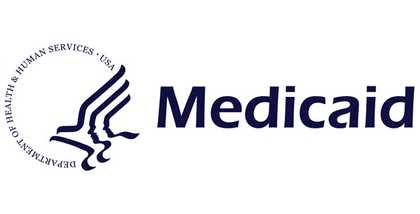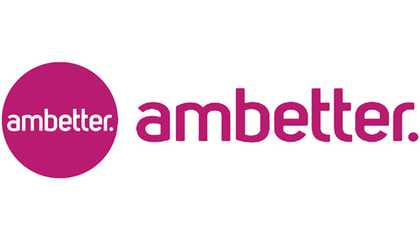Knowing what to expect during a dental cleaning can ease your worries.









$149 New Patient Special!*
Includes comprehensive exam, full mouth x-rays and a cleaning for new patients without insurance.
Feeling anxious about your first dental cleaning or routine teeth cleaning? Knowing what to expect during a dental cleaning can ease your worries. Dental cleanings are vital for maintaining oral health, preventing cavities, and catching issues early. From the initial exam to cleaning and post-care tips, this guide will ensure a comfortable and thorough experience. Let’s delve into what happens during a dental cleaning process and its benefits.
Understanding Dental Cleaning
A dental cleaning, or prophylaxis, is a professional procedure to remove plaque, tartar, and stains. Its main goal is to keep your teeth and gums healthy, reducing the risk of cavities and gum disease. Typically, a dental hygienist or dentist uses special tools during routine teeth cleaning to clean your teeth, followed by polishing and fluoride treatment.
Most people should have a dental cleaning twice a year. However, those with specific dental concerns might need more frequent visits. Regular cleanings help catch issues early, making it easier and less costly to address them. Understanding what happens during a dental cleaning can help you prepare for these visits.
Regular dental visits are crucial. They not only ensure your teeth and gums remain healthy but also allow your dental team to monitor your oral health. By prioritizing cleanings, you invest in long-term wellness and boost your confidence with a healthier smile.
Dental Cleaning Process Explained
The process starts with an initial examination and review of your medical history. Understanding what to expect during a dental cleaning begins here, as your hygienist assesses your oral health, looking for gum disease, cavities, or other issues. This helps tailor the cleaning to your needs and address any underlying problems promptly.
Next, plaque and tartar removal begins. Using specialized tools, the hygienist carefully scrapes away buildup from your teeth and gum line. This step is critical in routine teeth cleaning, as ignoring plaque can lead to cavities and gum disease. Modern ultrasonic devices might be used for efficiency, breaking down deposits with gentle vibrations.
After removing plaque and tartar, your teeth are polished and flossed. A gritty, toothpaste-like substance polishes your teeth, removing stains and leaving them smooth. The hygienist will then floss between your teeth, ensuring all crevices are clean. Knowing what happens during a dental cleaning helps you approach the appointment confidently, trusting your dental health is in expert hands.
Advantages of Professional Dental Cleanings
Professional cleanings are key to maintaining oral health. They prevent cavities and gum disease by removing buildup that brushing and flossing might miss. This significantly reduces the risk of dental issues, keeping your teeth and gums healthy.
Regular cleanings also improve overall oral health. They allow early detection of potential problems, which can be treated before they worsen. This proactive approach not only protects your health but also saves time and money on future treatments.
Beyond health benefits, cleanings enhance self-esteem and confidence. A brighter, cleaner smile can positively affect how you feel about yourself. Removing stains and debris improves your smile’s appearance, encouraging you to show it off. Whether in photos or social interactions, knowing your teeth are clean and healthy boosts your confidence.
Post-Cleaning Care Tips
After your cleaning, maintaining good oral hygiene is essential. Brush twice a day with fluoride toothpaste and floss daily to remove plaque and food particles. Rinsing with an antimicrobial mouthwash can also reduce bacteria and keep your breath fresh.
It’s normal to feel some sensitivity or mild discomfort after a cleaning, especially if you have gum issues. However, if you experience persistent pain, bleeding, or swelling, contact your dentist, as these could indicate an underlying issue.
Schedule your next dental cleaning every six months. If you have specific concerns, your dentist might recommend more frequent visits. Regular check-ups ensure your teeth stay healthy and allow for early detection of potential problems.









